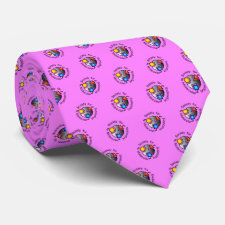
Authors: Vorderbruggen MA, Wu K, Breneman CM
Article Title: Use of cationic aerosol photopolymerization to form silicone microbeads in the presence of molecular templates.
Publication date: 1996
Journal: Chemistry of Materials
Volume: 8
Issue: (5)
Page numbers: 1106-1111.
DOI: 10.1021/cm9505254
Abstract: A new methodology for template-directed polymerization is described which is suitable for easy microbead formation. Cationic polymerization of a bis-epoxy silicone monomer by a diaryliodonium salt photoinitiator was found to occur fast enough to polymerize the droplets of an aerosol spray of the monomer, photoinitiator, and template in flight. Symmetric microbeads averaging 31 mu m in diameter were produced and captured by electrostatic precipitation. The effect of numerous functional groups on the rate of polymerization is discussed. Nitrogenous bases were found to be detrimental to polymer bead formation, as were certain carboxylic acids. Beads imprinted with morphine analogue thebaine displayed stronger molecular recognition properties for thebaine than did nonimprinted beads. However, both thebaine-templated and nonimprinted beads retained similar amounts of the thebaine derivative 17,18- bis(methoxycarbonyl)-6,14-ethenocodeine methyl ether



Join the Society for Molecular Imprinting

New items RSS feed
Sign-up for e-mail updates:
Choose between receiving an occasional newsletter or more frequent e-mail alerts.
Click here to go to the sign-up page.
Is your name elemental or peptidic? Enter your name and find out by clicking either of the buttons below!
Other products you may like:
 MIPdatabase
MIPdatabase









